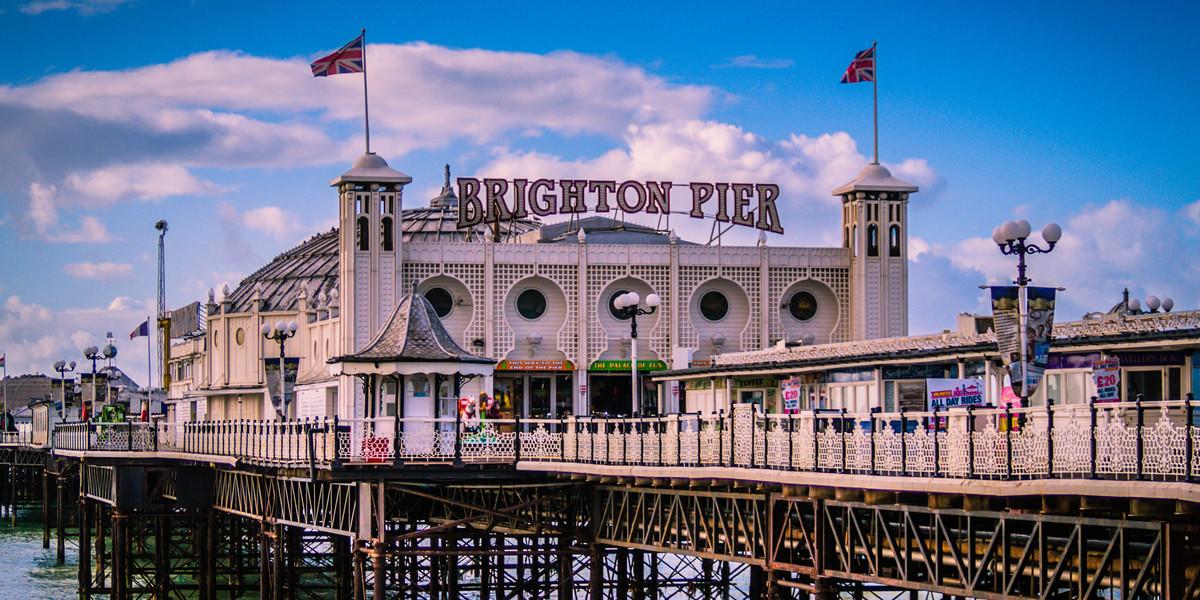Entrepreneurship is on the rise. In 2016 a record 80 new companies an hour were born in the UK. Unsurprisingly, a large proportion of those companies are located in London – but is the capital the best place to start a business in the UK?
Most people assume so. It is the UK’s financial powerhouse with an economic output per person more than twice as big as the rest of the UK. However, London only managed to take eighth position in our list of best cities to start a business.
London – both a good and bad place to start a business
We looked at a number of factors. One of these was the number of startups in a city. Here, London performed strongly. This is the amount of business started up in a given year per 10,000 people. A high number is usually a sign that good startup opportunities and support are available in that city.
London rated number one in the UK for this, according to research from Centre for Cities, with 100.13 business start-ups for every 10,000 people in 2014, the last year figures are available for. The nearest competitor, Northampton, was second with 80.64 start-ups per 10,000 people.
London also scored highly when we looked at another criterion: business density. This is how many businesses there are in a city per 10,000 people. A good sign is if a city has a high number. This demonstrates people are able to make a go of starting a business there. London had 436.9 small businesses per 10,000 people, far ahead of Reading, the city with the second highest number at 373.3 businesses per 10,000.
Despite London coming out on top for the number of startups and business density, it does not rank as well as other cities in other important categories. House prices, in particular, is an area where London struggles.
Small business owners and their employees need somewhere to live. The mean house price in London is £530,072.22. The high house prices and lack of space in London can also make getting premises for your business more expensive. As well as a financial cost, London’s high house prices could also cost you time if you can’t afford to live in the city and have to make a long commute. A long commute, high rent or an expensive mortgage could also affect your emotional well-being.
London also rated poorly for the number of businesses closing in the city. Out of the 64 cities we looked at, London was ranked 63rd with 15.3% of businesses closed between 2011 and 2014. Glasgow was the only city which ranked lower than the English capital, with 15.6%. This high closure rate means that even though London has a high number of people who start a business there, it can be hard to make it a success, and you face a higher chance of it failing.












